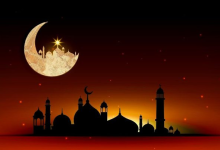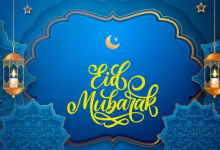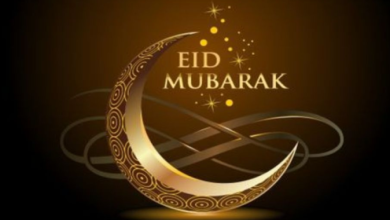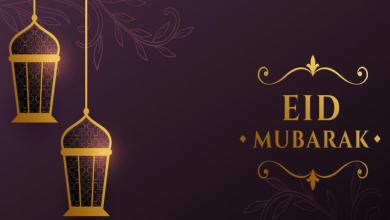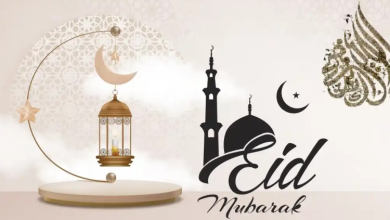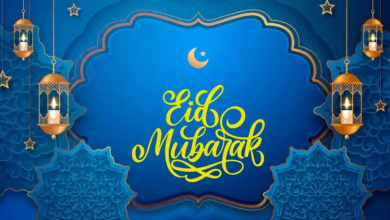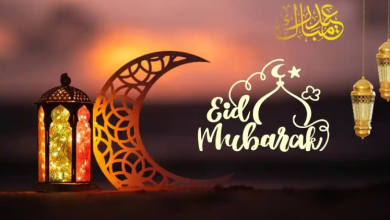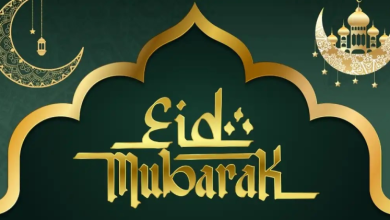Discover the Spiritual Essence of Eid ul-Adha through Quranic Quotes in Urdu
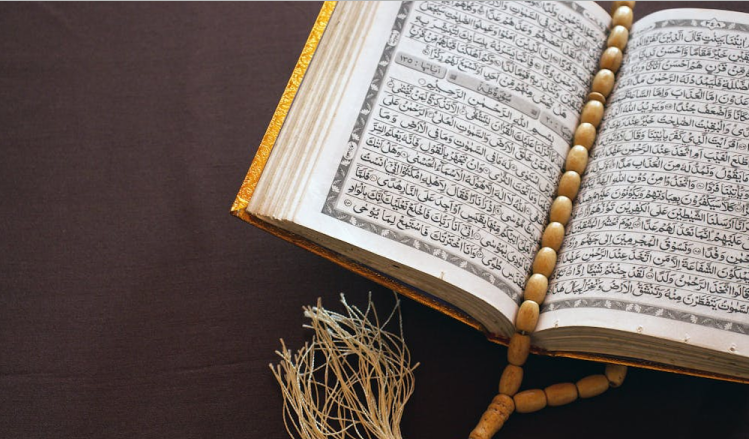
Eid ul-Adha, known as the “Festival of Sacrifice,” holds immense spiritual significance for Muslims worldwide. This special occasion commemorates the willingness of Prophet Ibrahim (Abraham) to sacrifice his son as an act of obedience to Allah’s command. Muslims celebrate Eid ul-Adha each year with zeal and devotion, reflecting on the profound lessons of faith, sacrifice, and compassion. In this blog post, we will explore the essence of Eid ul-Adha through insightful Quranic quotes in Urdu, deepening our understanding of this sacred festival.
The Significance of Eid ul-Adha
Eid ul-Adha is one of the most important festivals in the Islamic calendar, and millions of Muslims across the globe observe it. This festival marks the completion of the Hajj pilgrimage to Mecca and is celebrated on the 10th day of Dhu al-Hijjah. The central theme of Eid ul-Adha revolves around the concept of sacrifice, commemorating Prophet Ibrahim’s unwavering faith and submission to Allah. Muslims honor this occasion by sacrificing an animal, such as a sheep, goat, or cow, and distributing the meat among family, friends, and the less fortunate.
The Importance of Eid ul-Adha in the Quran
The Quran offers valuable insights into the significance of Eid ul-Adha, highlighting its importance through various verses. These verses emphasize the themes of faith, obedience, and selflessness, guiding Muslims to observe this sacred festival. One of the most poignant references to Eid ul-Adha can be found in Surah As-Saffat (37:102-107), where Allah narrates the story of Prophet Ibrahim’s willingness to sacrifice his son, Ismail:
فَلَمَّا بَلَغَ مَعَهُ السَّعْيَ قَالَ يَا بُنَيَّ إِنِّي أَرَىٰ فِي الْمَنَامِ أَنِّي أَذْبَحُكَ فَانظُرْ مَاذَا تَرَىٰ قَالَ يَا أَبَتِ افْعَلْ مَا تُؤْمَرُ سَتَجِدُنِي إِن شَاءَ اللَّهُ مِنَ الصَّابِرِينَ
“And when he reached with him [the age of] exertion, he said, ‘O my son, indeed I have seen in a dream that I [must] sacrifice you, so see what you think.’ He said, ‘O my father, do as you are commanded. You will find me, if Allah wills, of the steadfast.'”
This verse encapsulates the essence of Eid ul-Adha, reminding believers of the virtues of obedience and patience.
Insightful Quotes on Eid ul-Adha
To truly appreciate the spiritual depth of Eid ul-Adha, let’s explore some profound Quranic quotes in Urdu, along with their translations. These quotes not only underscore the importance of the festival but also offer valuable lessons for daily life.
- “اور اپنے رب کے لیے نماز پڑھو اور قربانی کرو۔” (القرآن 108:2)
Translation: “And perform prayer for your Lord and sacrifice [to Him alone].” (Quran 108:2)
- “بے شک میری نماز، میری قربانی، میری زندگی اور میری موت سب اللہ رب العالمین کے لیے ہیں۔” (القرآن 6:162)
Translation: “Indeed, my prayer, my rites of sacrifice, my living and my dying are for Allah, Lord of the worlds.” (Quran 6:162)
- “اللہ کی رضا کے لیے جانوروں کی قربانی کرو۔” (القرآن 22:37)
Translation: “Their meat will not reach Allah, nor will their blood, but what reaches Him is piety from you.” (Quran 22:37)
These quotes beautifully capture the essence of Eid ul-Adha, emphasizing the importance of devotion, sacrifice, and seeking Allah’s pleasure in all our actions.
The Spiritual and Social Messages
The Quranic quotes about Eid ul-Adha convey powerful spiritual and social messages that resonate deeply with believers. These messages encourage Muslims to reflect on their faith, strengthen their relationship with Allah, and foster a sense of compassion and generosity towards others.
- Faith and Obedience: The story of Prophet Ibrahim and his willingness to sacrifice his son is a testament to the strength of faith and obedience to Allah’s commands. It reminds us of the importance of trusting Allah’s wisdom and submitting to His will, even under challenging trials.
- Compassion and Generosity: Eid ul-Adha encourages Muslims to share the blessings of their sacrificial offerings with those in need. By distributing meat to family, friends, and the less fortunate, believers embody the values of compassion, generosity, and social responsibility.
- Spiritual Reflection: The festival provides an opportunity for introspection and spiritual growth. By meditating on the significance of sacrifice and the lessons from Quranic verses, Muslims can deepen their understanding of their faith and strengthen their commitment to living a righteous life.
Eid ul-Adha Traditions
Eid ul-Adha is celebrated with a rich tapestry of customs and traditions that vary across cultures and regions. However, the core practices remain rooted in the teachings of the Quran and the example set by Prophet Ibrahim. Some of the critical traditions associated with Eid ul-Adha include:
- Sacrificial Offering (Qurbani): Sacrificing an animal is central to Eid ul-Adha. This ritual commemorates Prophet Ibrahim’s willingness to sacrifice his son and symbolizes the believer’s readiness to give up worldly attachments for the sake of Allah.
- Special Prayers (Salat al-Eid): Muslims gather in large congregations to perform the special Eid prayers, seeking Allah’s blessings and mercy. These prayers foster a sense of unity and communal spirit among the faithful.
- Feasting and Sharing: Eid ul-Adha is a time for joyous feasting and sharing meals with loved ones. Families come together to prepare and enjoy delicious dishes, and the sacrificial meat is distributed to ensure that everyone, especially the less fortunate, can partake in the celebrations.
Eid ul-Adha is a profound and spiritually enriching festival that holds a special place in the hearts of Muslims worldwide. The Quranic quotes in Urdu offer valuable insights into the significance of this occasion, guiding believers in their observance of the festival and encouraging them to embody the virtues of faith, sacrifice, and compassion.
